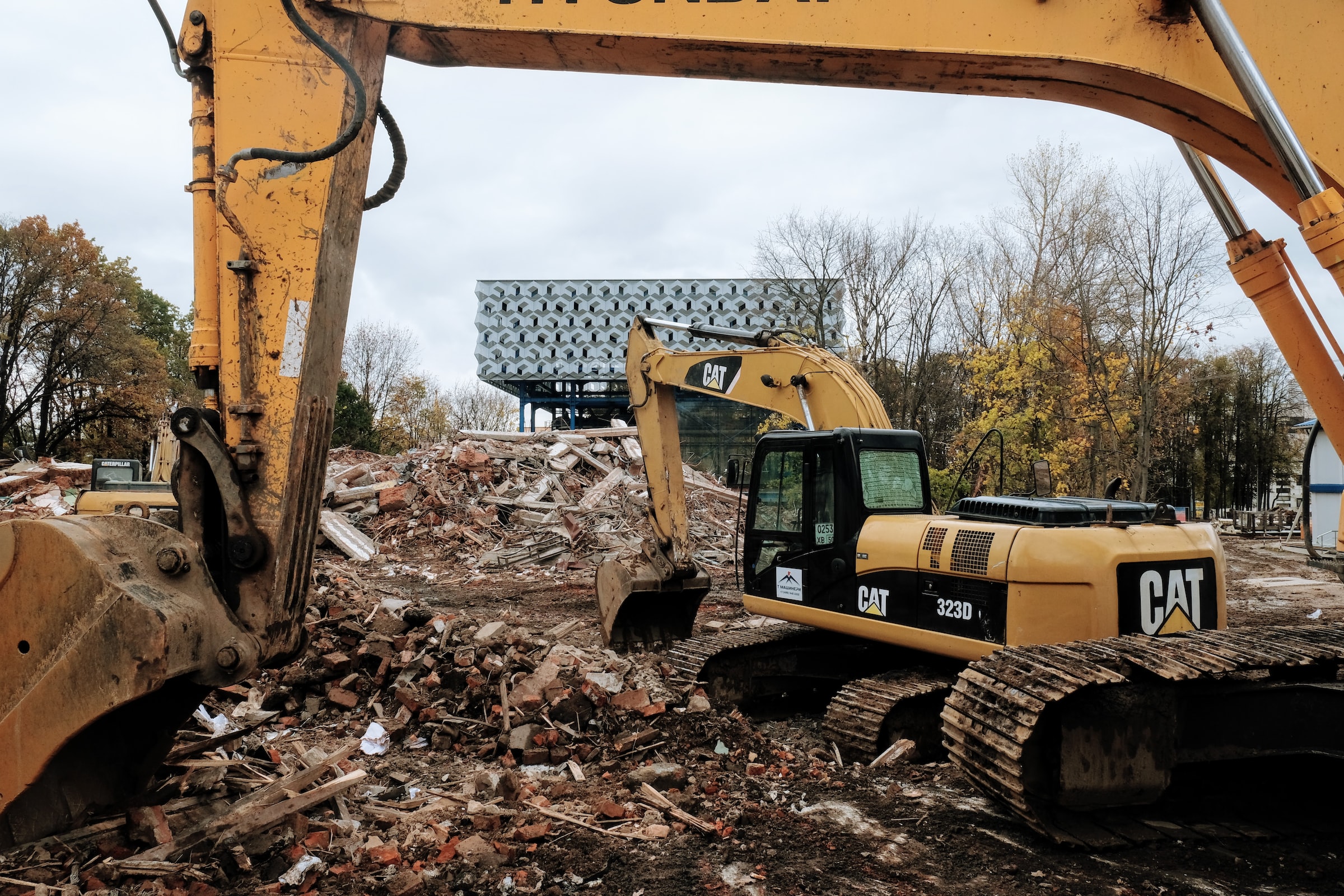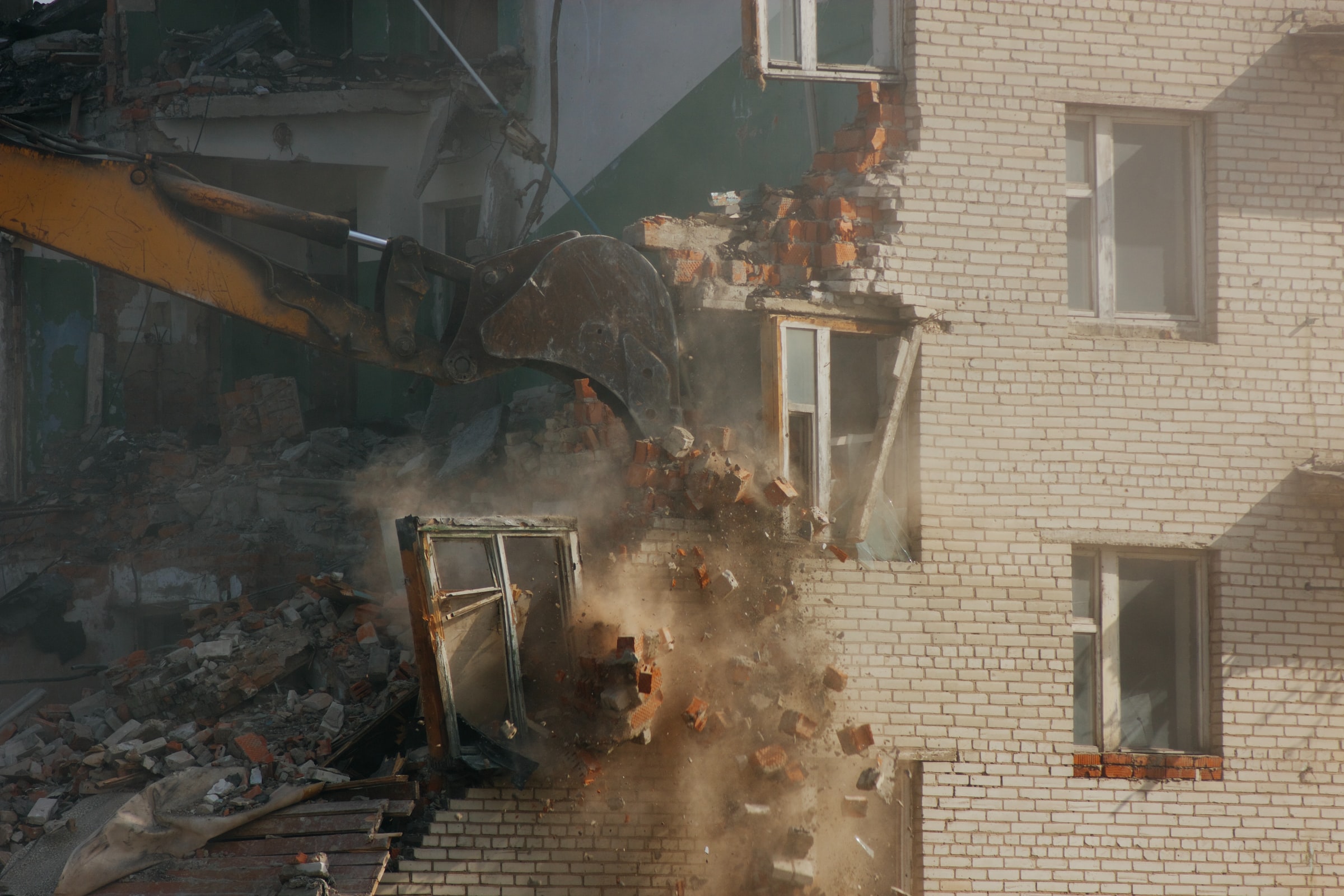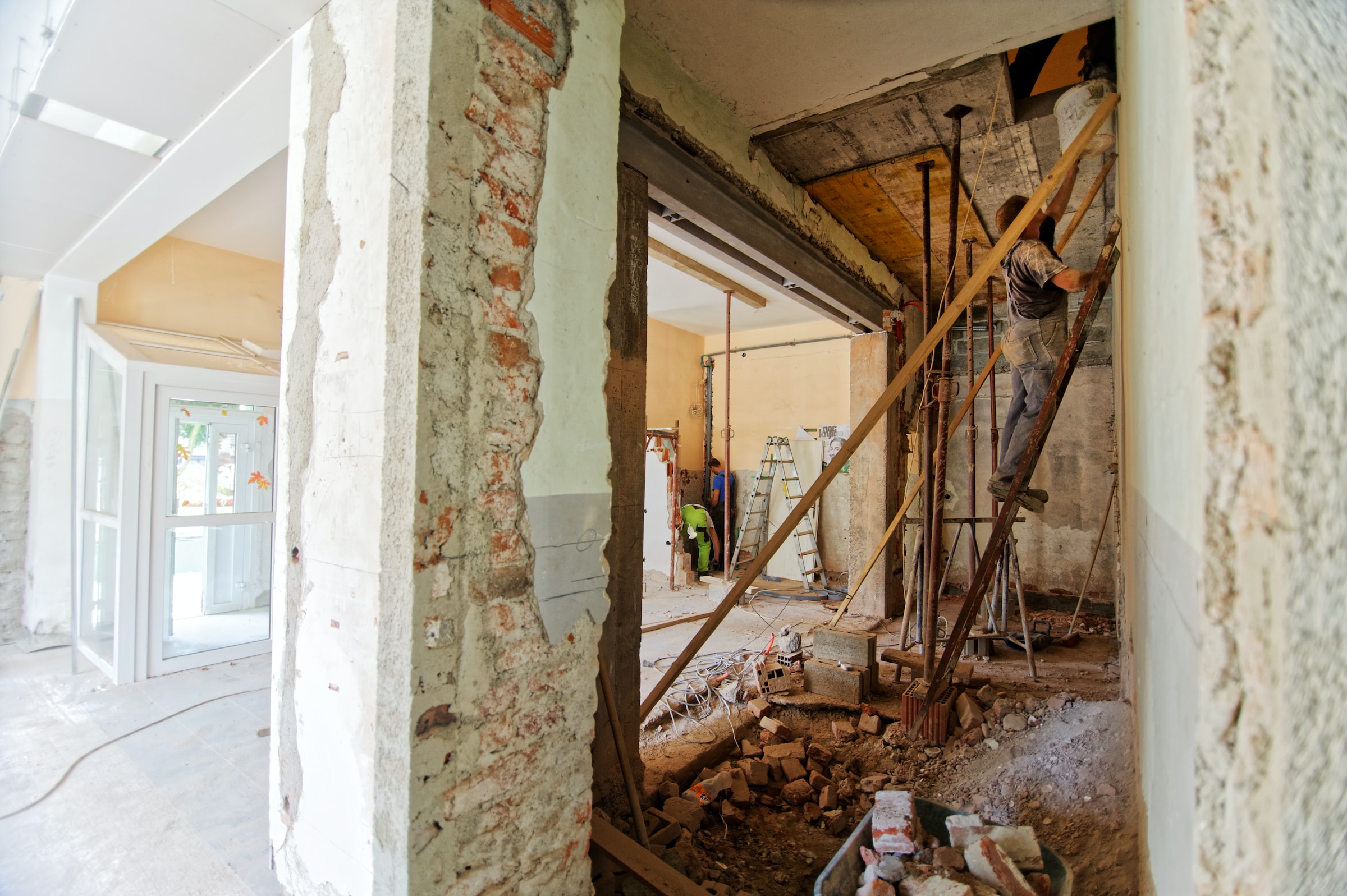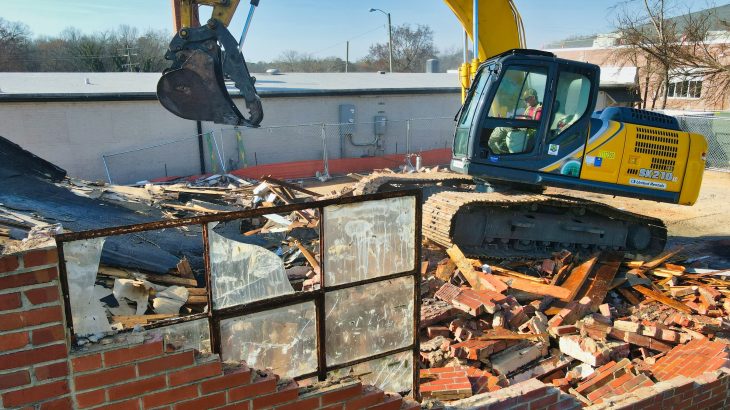Demolition is the first phase of the work and the most exciting and fastest part of the construction/renovation of a building. In the case of complete demolition, a standard house can be completely dismantled and cleared in only a day or two. In the case of partial demolition or remodeling, where large portions of the structure are retained, the process can be completed in a week.
Demolition is often quick, but it’s not easy. It can quickly turn out to be tricky without good organization. And starting it without a clear strategy can have significant financial repercussions on the rest of the project. So, without further ado, let’s dive into this blog and learn some of the things everyone should and need to know about home demolition.
1. Get help from demolition professionals

Don’t try to demolish on your own- it’s a costly mistake. Even if it seems simple, the operation is more technical than it seems, comparable to a surgical operation on a building. A team of experienced workers will know what to keep, remove, and in what order. It is best to use a building contractor or a company specialized in demolition to avoid any misunderstanding on the chain of responsibility in case of a problem.
2. Tell the neighbors
Even if the best companies are careful to minimize nuisances, a demolition site will necessarily cause noise and dust. To preserve the goodwill and save the patience of your neighbors for the rest of the work, don’t forget to warn them in advance. Before work starts, a bottle of wine or chocolates should help maintain good neighborly relations.
3. Have asbestos or other hazardous materials detected

Asbestos procedures, removal, and recycling are often a problem. The discovery of asbestos during demolition can quickly block your job site. Don’t take this risk: have an inspection done before starting work and refer to the responsible regional agencies. If asbestos is identified on the site, it can be contained or sealed in place, saving you costly disposal procedures. Procedures vary by region and by case. Find out in detail about the specific requirements in your jurisdiction.
4. Anticipate budgetary contingencies
Good or bad, some surprises always occur during a demolition. This project’s first phase involves many unknowns and variables that are difficult to anticipate. To deal with these eventualities, plan a financial reserve accordingly. On average, a typical demolition project has a 10% budget contingency. Fortunately, by the end of the demolition phase, construction will have fewer budget surprises, barring a sudden spike in material prices.
5. Recycle, Resell, Reuse

You’d be surprised at the number of objects, materials, and items of all kinds that can be reused or recycled when a house is demolished. Appliances, shutters, doors, windows, pipes, electrical wiring, and even cabinets! Good to know: reselling metals such as iron, zinc, copper, or lead can bring in a small amount of money that is always welcome.
6. Move out for a few days
Don’t try to live in your home during the demolition process. It will inevitably produce a lot of dust, which is unhealthy for the respiratory tract. This is a good time to visit friends or take a trip to the country, especially if you have sensitive lungs.
Strip off all the walls and clear the house of everything you can. You usually find hidden defects, missing insulation, and questionable electrical lines during demolition. There is always plenty of stuff to salvage or recycle in partitions and wall cavities.
Sound off in the comments section below and tell us what you want to read next and if you want to read more about demolition.



















